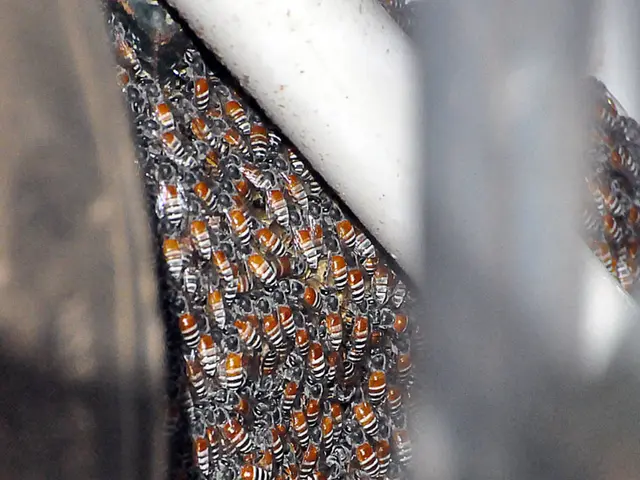Negotiations and violence are incompatible, asserted Baijayant Panda, the head of the all-party delegation.
India's all-party delegation, led by BJP MP Baijayant Panda, discussed India's strategic approach towards Pakistan's actions during a visit to Bahrain on Saturday. The India-Bahrain dialogue centered on the threat posed by terror originating from Pakistan, not only to India but to global peace.
Panda elaborated on India's attempts to foster peace with Pakistan, however, these initiatives have yielded no response. He emphasized that India's strategy now involves a calculated response to Pakistan's actions, only escalating when necessary.
"We have tried every avenue for peace talks with them. Prime ministers have ventured to connect with them, but to no avail. However, our stance now is clear - we will retaliate when necessary, and our actions will be precise and non-escalatory unless provoked further," Panda stated.
He further added, “Talks and terrorism cannot coexist. Friendly relations are always desirable, but talks have proved ineffective. Cultural exchanges have also failed to foster better ties. If Pakistan acts decisively against its terror infrastructure, we will gladly respond with friendly overtures.”
Former envoy Harsh Vardhan Shringla elaborated on India's response to the Pahalgam terror attack, focusing on the precision and calibration of the strikes against terror infrastructure inside Pakistan. He highlighted the success of India's indigenous defense manufacturing, showcasing the resilience of systems like the Akash system, as compared to Iron Dome.
Speaking about the International Monetary Fund's conditions for the release of Pakistan's next tranche of bailout funds, MP Nishikant Dubey noted that the IMF is insisting Pakistan adheres to these conditions. Among the stipulations are parliamentary approval of the 2025-2026 budget, the implementation of new agriculture income tax laws, and the preparation of a governance action plan.
BJP MP Rekha Sharma reiterated the stance of PM Modi that terrorism and talks cannot go on during the interactive event. The all-party delegation consists of Nishikant Dubey MP, BJP; Phangnon Konyak, MP, BJP; Rekha Sharma MP, NJP; Asaduddin Owaisi MP, AIMIM; Satnam Singh Sandhu MP; Ghulam Nabi Azad; and Ambassador Harsh Shringla.
The delegation aims to brief international partners on India's response to the April 22 Pahalgam terror attack and its broader fight against cross-border terrorism while engaging with leaders in Saudi Arabia, Kuwait, Bahrain, and Algeria.
(This report is a syndicated feed and has not been edited by our staff.)
- As the all-party delegation prepares to engage with international leaders in Saudi Arabia, Kuwait, Bahrain, and Algeria, Rekha Sharma, a BJP MP, underscores the government's position that talks cannot be held with terrorists while the fight is ongoing.
- In a discussion on India-Bahrain dialogue, Baijayant Panda, a BJP MP, underlined that India's strategic approach towards Pakistan's actions now involves a measured response to provocation, only increasing the intensity when necessary.
- Addressing the general news and politics, Harsh Vardhan Shringla, a former envoy, highlighted India's precision in responding to terror attacks, such as the Pahalgam attack, and stressed the success of India's indigenous defense manufacturing, as compared to Iron Dome.








